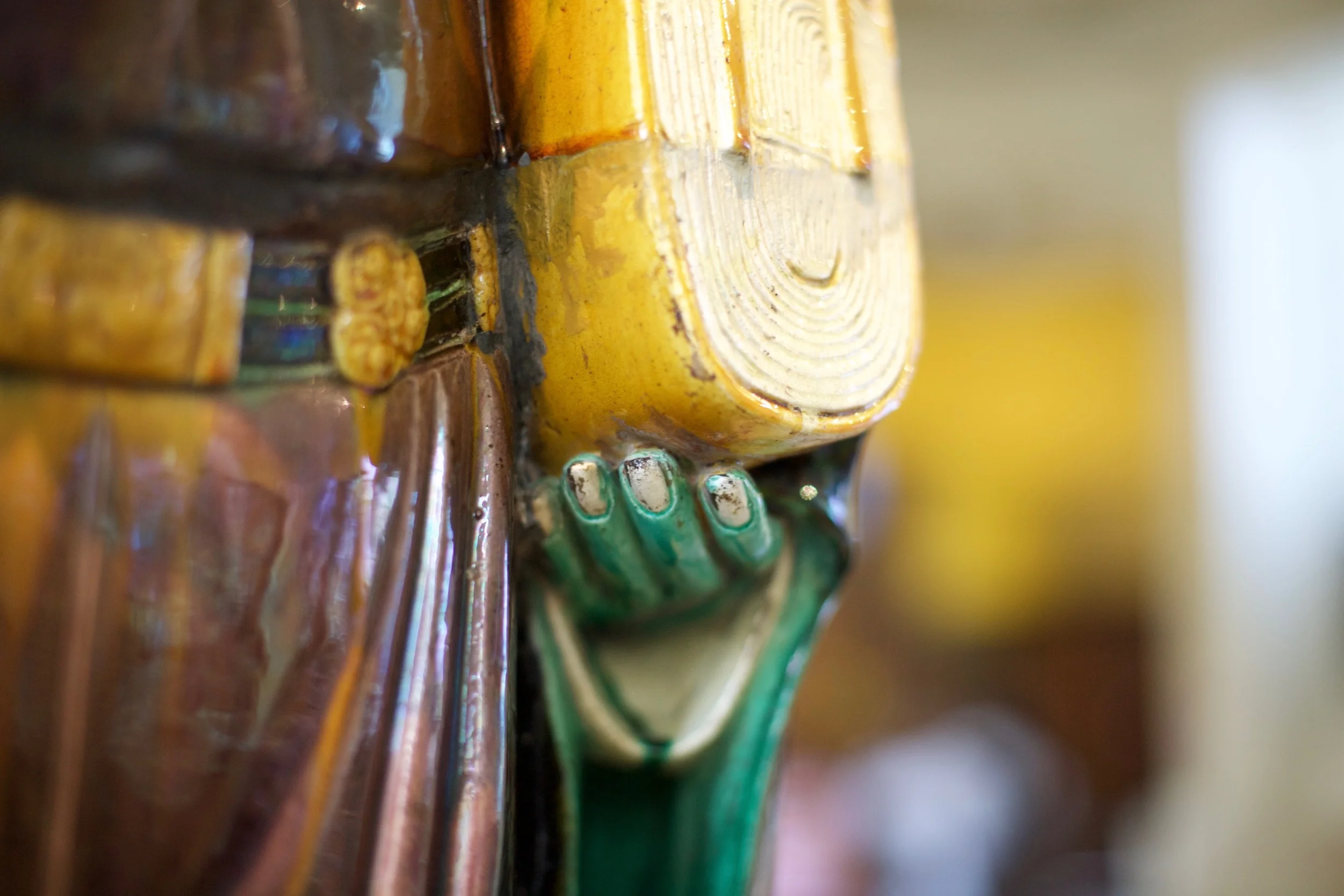How Real Feng Shui Works
Feng Shui studies the natural landscape, cosmic realm and built environment and how they relate to our needs. The continuing principle of Feng Shui is the understanding that the arrangement of our living space, as well as influential features in the surrounding environment, will impact on our overall well being. The orientation of a property, rooms layout, colours, water, natural light and seasonal awareness, will shape your mood, health, relationships and the success of your desired prosperity. Feng Shui utilises definable patterns of nature, applies classical methods of technical analysis and has time-proven tools to optimise the flow of energy in buildings and their outside surroundings, to release obstructions, prevent energy depletion and minimise adversity. Ultimately Feng Shui aims to help you gain the best out of your life.
Its Realistic Application
Imposing unachievable recommendations is inconsiderate Feng Shui practice. When you have a consultation with us you will never be told your property does not suit you, or advised it is necessary to move home, realign doors or knock down walls; you won’t feel undermined or intimidated. On the contrary, it is our desired intention that your happiness in your property will be increased. For Feng Shui to exert its benefits, a home should resonate harmoniously with its occupants. You are the essential part of the process and our Feng Shui recommendations will provide realistic, effective solutions that you can easily manage to accomplish and in keeping with your personal taste and preferences.
Feng Shui Today
Today, Feng Shui is valued due to the benefits it brings to people's lives and its positive impact on contemporary construction and design trends. The lasting success of classical Feng Shui lies in its solutions to safeguard from undesirable influences and its strategies to gain positive advantages. Sylvia's Feng Shui recommendations are based on sound traditional knowledge of environmental transformation, intelligently applied to embrace today's modern living conditions, lifestyle needs and aspirations. How your space is arranged, the things you ignore and objects you choose to keep, can also reveal subconscious metaphors about you and what is holding you back. Another valuable benefit of having a Feng Shui consultation by an experienced specialist is that limiting signs will be identified and resolved.
Legends, Myths and Misconceptions
Chinese culture is expressed poetically in legends, stories and superstition, some of which have found their way into the lighter perception of Feng Shui. The money frog originates in Chinese folklore; legend has it that in the 10th century a state minister called Liu Hai possessed a magical three legged frog that often disappeared down a well, a string of gold coins would tempt it out. The real reason to close your toilet lid is to safeguard your health, not lose money. In earlier times, if a breadwinner fell ill, he could not earn a living to feed his family, so the toilet was always kept covered up to stop germs spreading. Wind chimes indoors are usually still and ineffective, though sometimes their metal or wood element can be useful. It is the rhythmic activity and melodic sound of wind chimes hung outdoors that generates qi, bringing positive energy to your property.
Contrary to what you might have thought, proper Feng Shui is not magic or mystery, superstition or religion, and it will not reveal your future. Nor is it about putting the lottery ticket under a money plant, or placing lucky charms, red tassels, flutes, kitch objects and coins around your home, in your purse or under the floorboards to bring you good luck. But if you like them, they cant do you any harm.
Feng Shui has its Chinese cultural origin which cant be ‘modernised’ or ‘westernised’. It does not need to be, it works today in our everyday lives here and now.
Read more about Real Feng Shui in Sylvia’s article ‘Man and Nature: Chinese Wisdom that Makes Feng Shui Work’
Other Approaches
Around thirty-five years ago, a New Age adaptation of Feng Shui was developed in America and given various pre-names such as modern, western, contemporary, intuitive, life aspirations, bagua, black hat. It adopted a few of the basic concepts of Feng Shui to underpin its simplistic methods based on wishful thinking, spiritual cures and material acquisition. Initially it helped to popularise Feng Shui. Sadly though, it has created confusion, trivialised and undermined the true value of Feng Shui. How to quickly tell the difference: it is not real Feng Shui when it does not use the accurate magnetic alignment of a building, does not calculate the influence of various time periods on a space, instead focuses on intention, aspirations and get-rich-quick promises.
Indian cultural tradition has its own version of harmonious building guidelines called Vastu Shastra, which is based on a similar understanding to Feng Shui. We are conversant with this practice and work regularly with Indian clients, often combining Vastu and Feng Shui with excellent results. For further information see Vastu Consultations.
